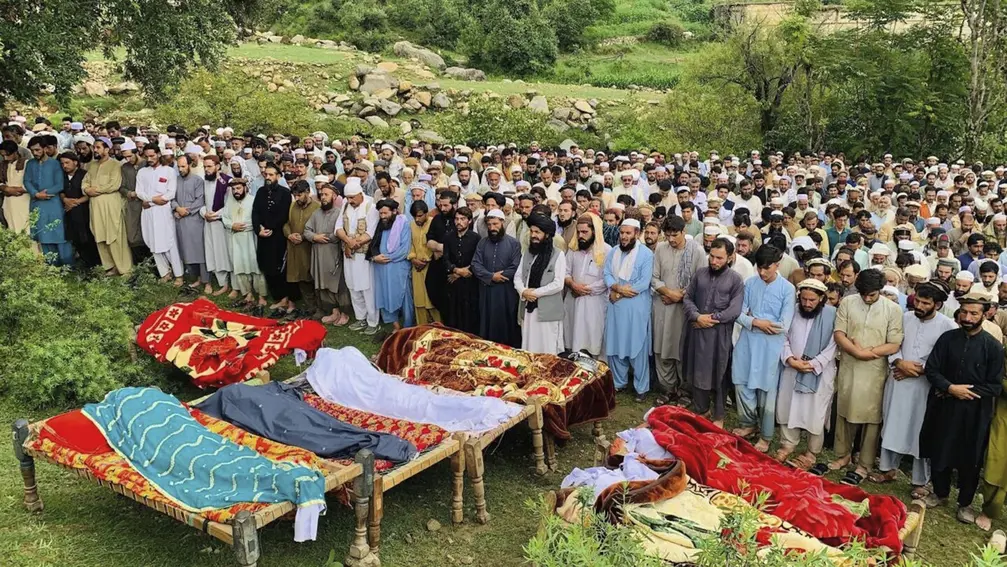T4K3.news
Pakistan flood toll and response under scrutiny
Rescuers recover more bodies in Buner as authorities defend the flood response amid forecast of more rain.
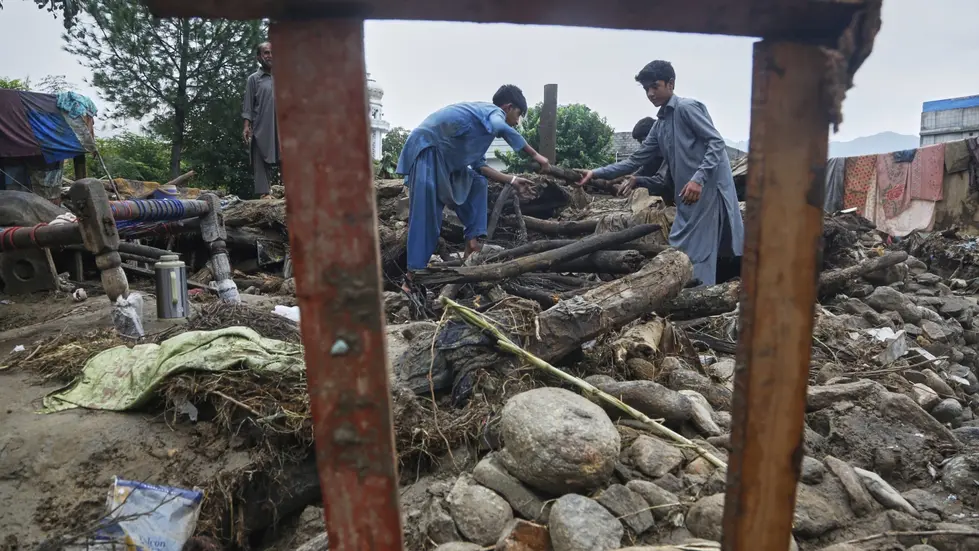
Authorities defend rescue work as more rain threatens landslides in a country already battered by the monsoon.
Pakistan defends flood response after hundreds killed in Buner
Rescuers in Buner recovered 54 bodies in the district on Friday, bringing the toll to at least 274 as torrents from the mountains flattened homes and blocked roads. Officials say the flooding was caused by torrential rain and cloudbursts, and they warned that more deluges and landslides could come through Tuesday. The monsoon since late June has brought about 50 percent more rainfall than in the same period last year, raising fears of wider damage across the region.
Across the border in Kashmir, two villages saw flash floods that killed seven people and left dozens missing as rescuers searched for others from last week’s storms. In Buner, residents say warnings arrived too late and there was no mosque broadcast to alert communities. The government says an early warning system exists, but it could not pinpoint the exact time or location of the cloudburst. Some roads are now reopening to allow aid and equipment to reach cut-off villages.
Key Takeaways
"There was no warning broadcast from mosque loudspeakers."
Local residents say warnings did not reach remote areas.
"No forecasting system anywhere in the world could predict the exact time and location of a cloudburst."
Asfandyar Khan Khattak on forecasting limits.
"Survivors escaped with nothing."
Mohammad Iqbal on the casualties.
"Pakistan is experiencing shifting weather patterns because of climate change."
Lt. Gen. Inam Haider on climate impacts.
The episode shows how climate change is intensifying monsoon extremes in South Asia. Officials claim there is no need for foreign aid yet, but the public trust in warnings has frayed in remote valleys where access to alerts is inconsistent. The lack of timely warnings is not a minor gap; it costs lives and fuels a sense that some communities are left behind.
Longer term, Pakistan needs stronger investment in weather monitoring, clearer communication channels, and community drills that reach the most isolated areas. Authority figures say resources exist, yet the work of turning data into timely action remains uneven. The cross-border dimension of monsoon risk also argues for regional cooperation on forecasting, evacuation planning, and flood resilience.
Highlights
- Warning alerts must reach remote valleys before the water rises
- Climate change is rewriting the monsoon patterns
- Survivors escaped with nothing
- There was no warning broadcast from mosque loudspeakers
Warning system under scrutiny amid heavy rains
Residents report late or no warnings in remote areas as a sudden cloudburst struck Buner. Officials defend the response but the episode raises questions about early warning reach and disaster preparedness during a changing monsoon.
The coming days will test whether warning systems keep pace with a changing weather cycle.
Enjoyed this? Let your friends know!
Related News

Pakistan Floods Toll Rises
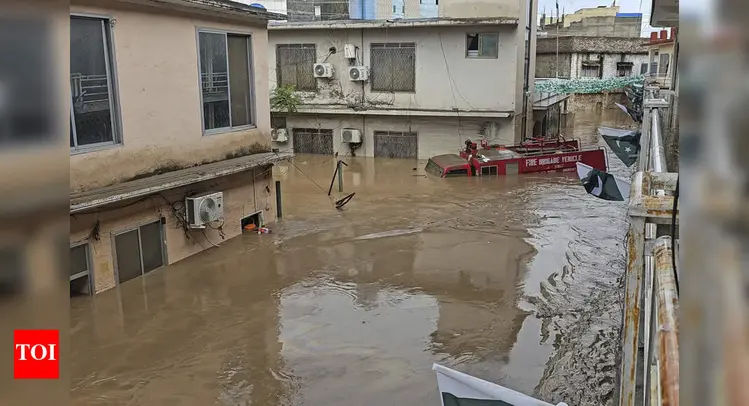
Monsoon floods in Pakistan
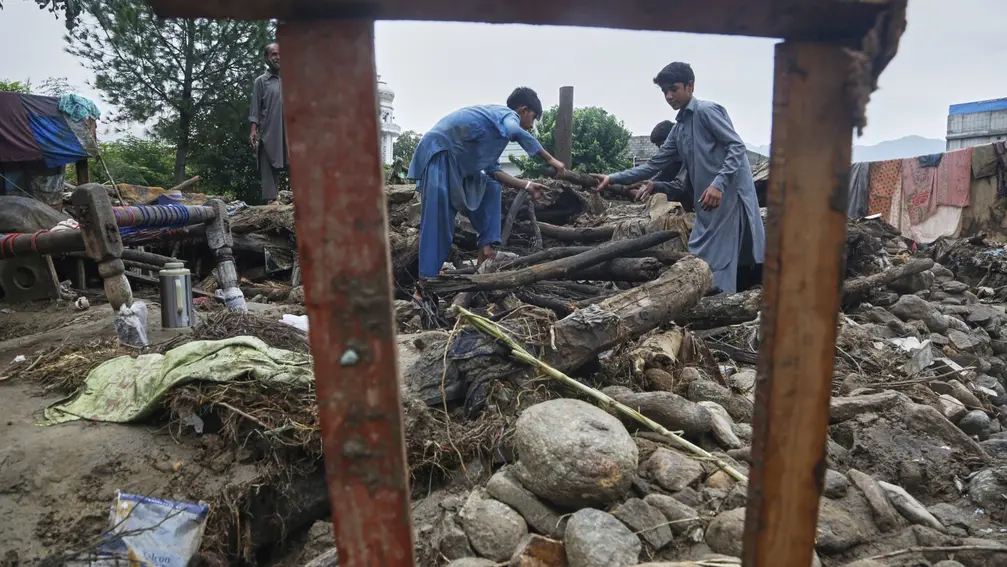
Pakistan floods prompt warning system scrutiny
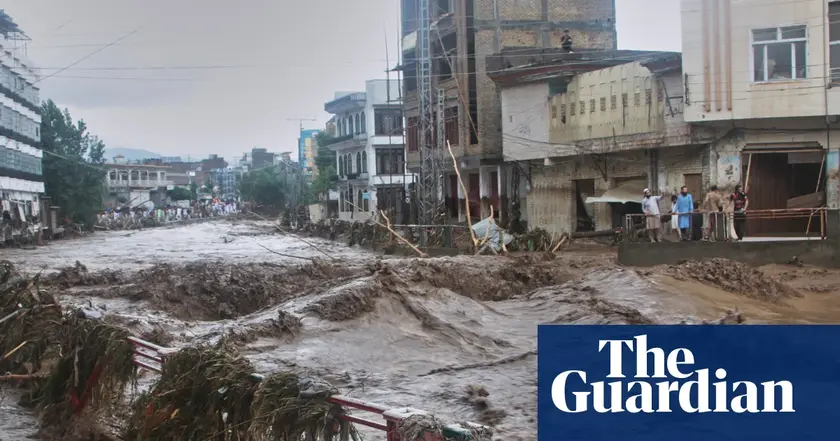
Flash floods update
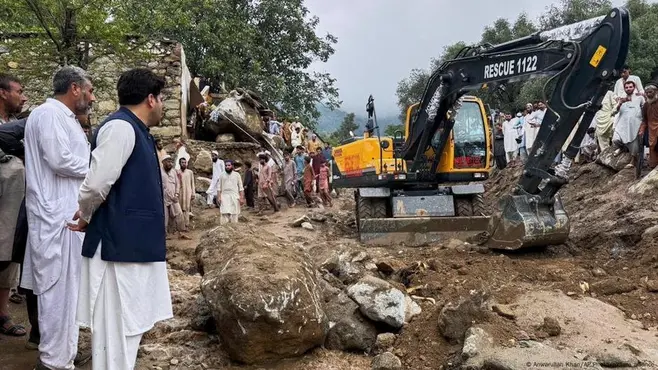
South Asia floods escalate
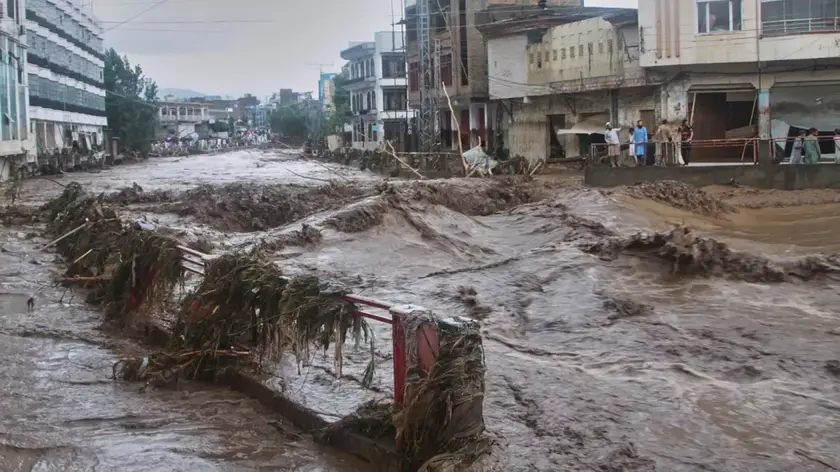
Flash floods kill hundreds in South Asia
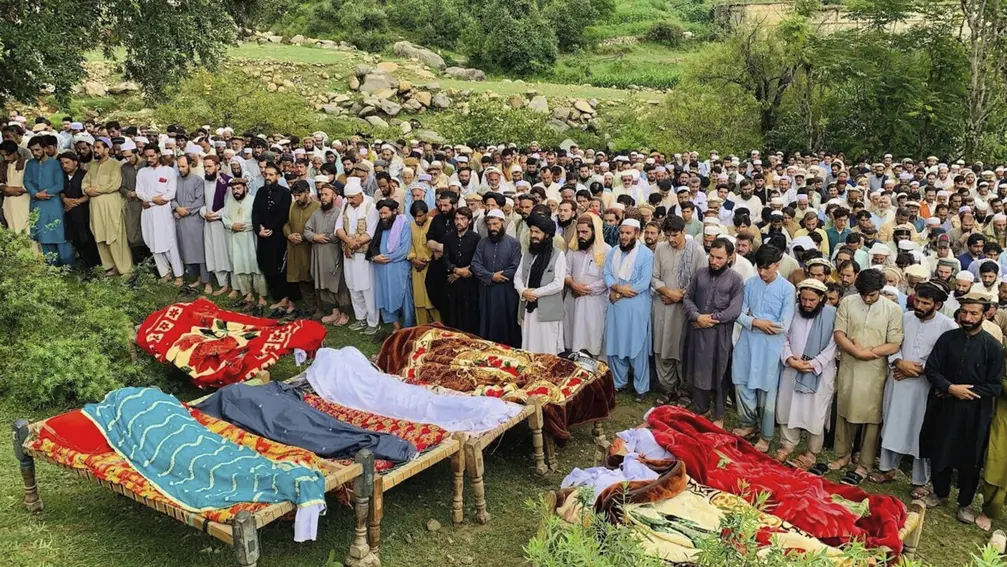
Flash floods claim hundreds in India and Pakistan
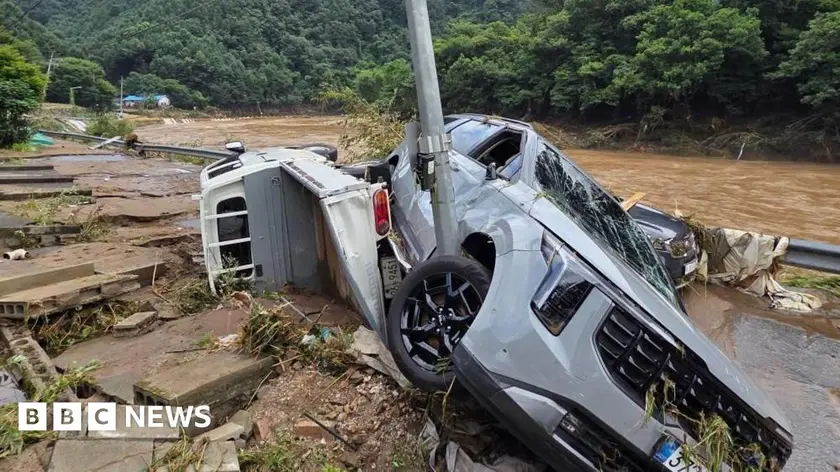
Floods in South Korea lead to at least 14 fatalities and destruction
